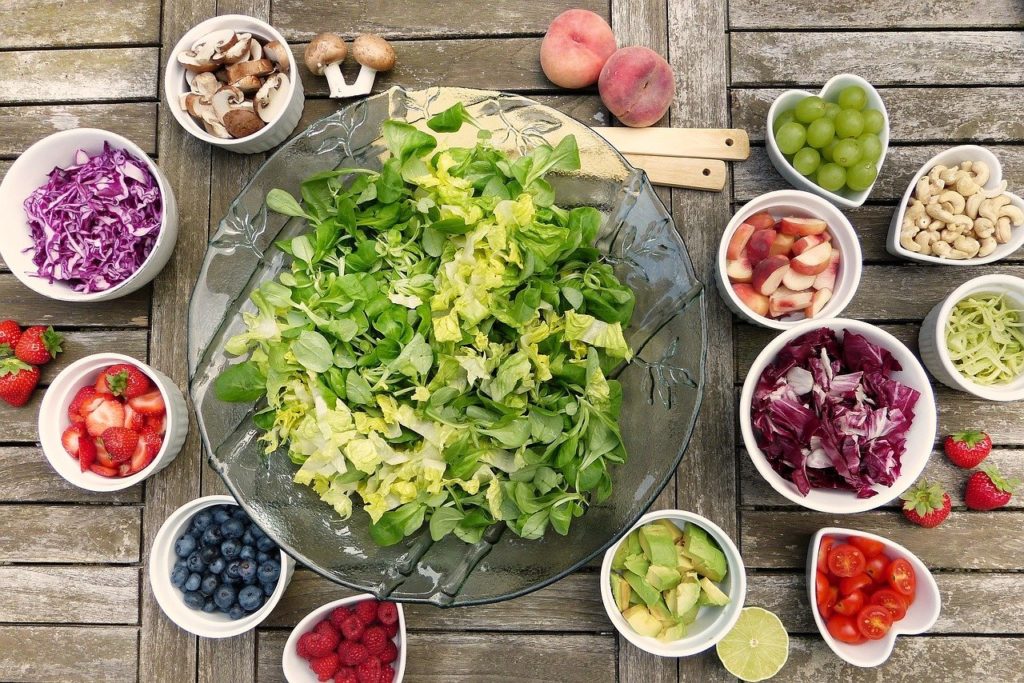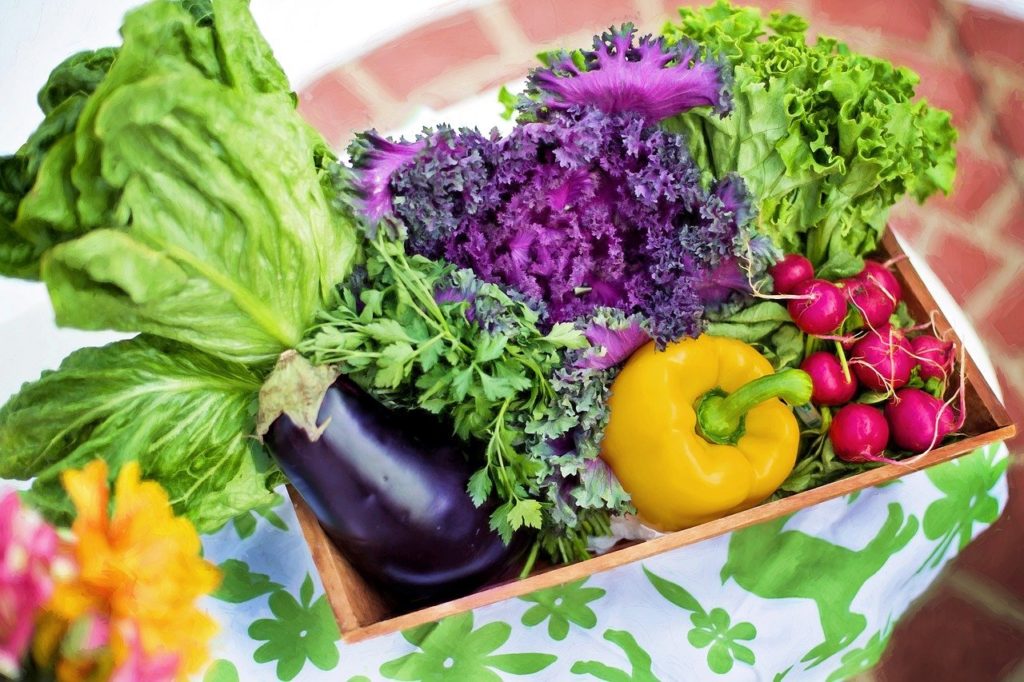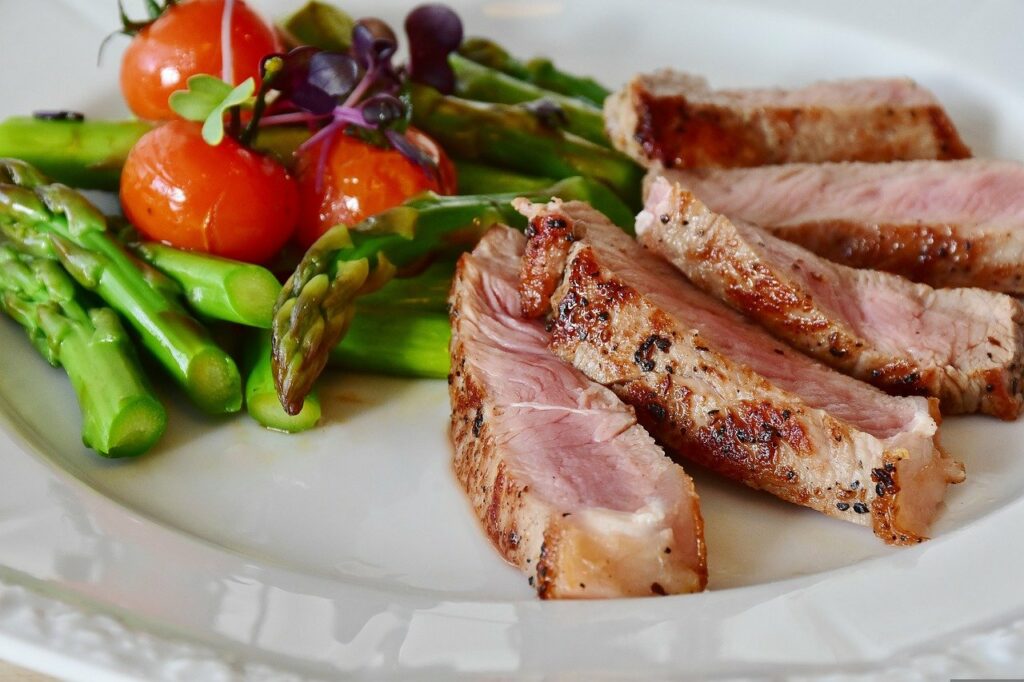A vegan diet can be a great way to improve your health, reduce the environmental impact of your food choices, and live a life that is in tune with animal rights. In order to maximize these benefits while minimizing risks, it’s important to understand what veganism is all about.
A vegan diet is a way of eating that excludes all animal products. People who follow vegan diets often do so for health, environmental or ethical reasons. In this article, you will learn what veganism entails and the benefits it can have on your own life as well as how to avoid some risks when following a vegan lifestyle. If you’re considering going vegan but want more information first, take time to read through our content today.
What is Vegan Diet?
A vegan diet is typically one that focuses on whole, plant-based foods. This means lots of fruits and vegetables, beans or legumes, nuts, seeds and healthy oils like olive oil, flaxseed oil etc.
A vegan diet is one that excludes all animal products. This means no meat, dairy products like milk and cheese, eggs or other foods derived from animals. Many vegans also avoid honey and wool clothing. In veganism, no animal products are consumed or used. The vegan diet also excludes fish eggs(caviar) and honey.
Why vegan diet? What are Benefits of Vegan Diet?
There are many reasons for choosing a vegan lifestyle. These include:
Health
There’s a great deal of evidence that vegan diets can help reduce the risks for heart disease, type-II diabetes and high blood pressure. In addition to this, veganism is often associated with lower levels of cholesterol as well as body fat. Eating vegan can improve your health in many ways including reducing the risk for heart disease, certain types of cancer, help with weight loss if you are overweight or obese, provide added protection against cancer and slow down aging.
A vegan diet is often associated with a reduced risk for many types of cancer, including prostate and colon cancers which are two of the most common in men and women respectively. Other benefits can include improved digestion from cutting out dairy products as well as healthier skin thanks to more fruits and vegetables in your vegan daily menu.

Animal welfare
Many vegans choose this kind of food because they don’t want to contribute to animal suffering in any way. In some countries, animals raised on factory farms can be mistreated very badly and live an awful life before being killed for meat, so veganism is seen as a way of improving animal welfare.
Will you lose weight on Vegan diet?
It’s very probable that you’ll lose weight on a vegan diet. Vegans have been shown to consume less food, weigh less, and have a lower body mass index (a measurement of body fat) than meat-eaters, according to studies.
If you’re eating properly – that is, lots of fruits, vegetables, and whole grains – you’ll most likely feel full on fewer calories than the daily allowance. You’ll lose weight if you have a deficit of “calories” with a little physical activity and some willpower. It’s up to you how quickly and whether you keep the pounds off.
Risks of vegan diet
It can be difficult to get all the nutrients you need on a vegan diet. It’s important to eat lots of different kinds of foods in order to stay healthy while eating this way, including vegetables and fruits every day, beans or legumes several times a week, plenty of vegan protein foods and healthy vegan fats.
Unfortunately vegan diets can be high in sugar and low in certain important nutrients like calcium, vitamin D, iron or B12. It’s therefore vital that vegans make sure to include a variety of healthy foods into their vegan diet every day including dark green vegetables, red and orange vegetables as well as beans and pulses to get enough calcium.
It’s also recommended that vegan diets include fortified vegan foods like plant milk or yeast extract such as Marmite for those who don’t want to take vegan supplements. Vitamin B12 is another nutrient which should be supplemented by vegans if they’re following a vegan diet for longer than six months.
A vegan diet can be difficult to maintain for some people because it is not part of the typical eating habits in most countries around the world. People who live near vegan restaurants or stores may find going vegan easier than others do, but this is certainly not true everywhere.
If vegan diet sounds like something you want to try and it’s not an easy lifestyle choice in your area, consider taking the vegan challenge for 21 days. This is a great way of helping yourself transition into veganism if it’s new to you.
Vegans risk nutritional deficiencies if they don’t eat healthy vegan foods every day and vegans may also need to take vegan supplements of vitamin B12, calcium or DHA/EPA on a daily basis if they’re following vegan diets for extended amounts of time. Vegans can also suffer from vegan deficiencies if they don’t eat vegan foods like yeast extract, nuts and seeds or nut milk or fortified vegan products like Marmite.
Veganism requires careful planning so that you don’t miss out on essential nutrients.
What foods should I eat on vegan diet?
There are lots of different foods that you can eat on vegan diets. Some of the most popular vegan foods include tofu, tempeh, seitan and vegan protein powders like soy protein powder or pea protein powder.

There are many vegan recipes and vegan cookbooks available to help you with your vegan diet if you don’t know what foods to eat on a vegan diet and it can be hard at first, especially when eating out or going to parties where most of the food is not vegan friendly.
Which vegan foods should I avoid?
There are some vegan food items you may want to avoid in your everyday cooking. This includes vegan butter, vegan cheese and vegan eggs which can all be high in fat or calories. If you’re trying to lose weight on a vegan diet, consider leaving these out of your shopping cart for now or look into vegan alternatives to vegan butter, vegan cheese and vegan eggs. Foods with added sugar, like cookies, cakes and candy. Refined grains like white bread.
Our advice is to eat foods with the fewest ingredients, minimally processed, and avoid soda. Drink water instead.
How much exercise should you have on vegan diet?
Veganism has restrictions on what you can and cannot eat, but that does not imply that you shouldn’t exercise. The more activity you do, the faster the pounds will melt away – and your chances of getting diabetes, heart difficulties, and other chronic illnesses will go down. Every week, adults are advised to perform at least two and a half hours
What are the origins of vegan diet?

People began to use veganism for health purposes in the 1960s. Veganism came to prominence in the vegan hippy community, and has evolved over time to include vegan environmentalist and animal rights proponents.
It’s important to know what veganism is and the benefits and risks of vegan diet. We hope this article has been informative for you! If you have any other questions or would like more information, please feel free to contact us anytime, or comment on social media. Please share the content. ❤️ Sharing is caring ❤️
❤️ Support Our Journey Towards Health and Mindfulness
Dear Friend,
As we continue to journey together through the realms of health, nutrition, and mindfulness, we've created a space where knowledge and well-being intertwine, thanks to your unwavering support.
Today, we're reaching out to ask for a small token of support to keep Nutriveda.eu thriving. Your donation, no matter the size, will fuel our commitment to providing accurate, insightful, and life-enhancing information about diets, healthy lifestyles, and mindfulness practices.
Every contribution helps us enrich our encyclopedias, enhance our platform, and continue to share valuable insights into healthier living. Whether it's the cost of a cup of coffee or a healthy snack, your support makes a significant difference.
Join us in nurturing this community dedicated to wellness. Your donation is more than just a gift; it's a shared belief in the power of knowledge to transform lives.
With gratitude,
Nutriveda.eu



